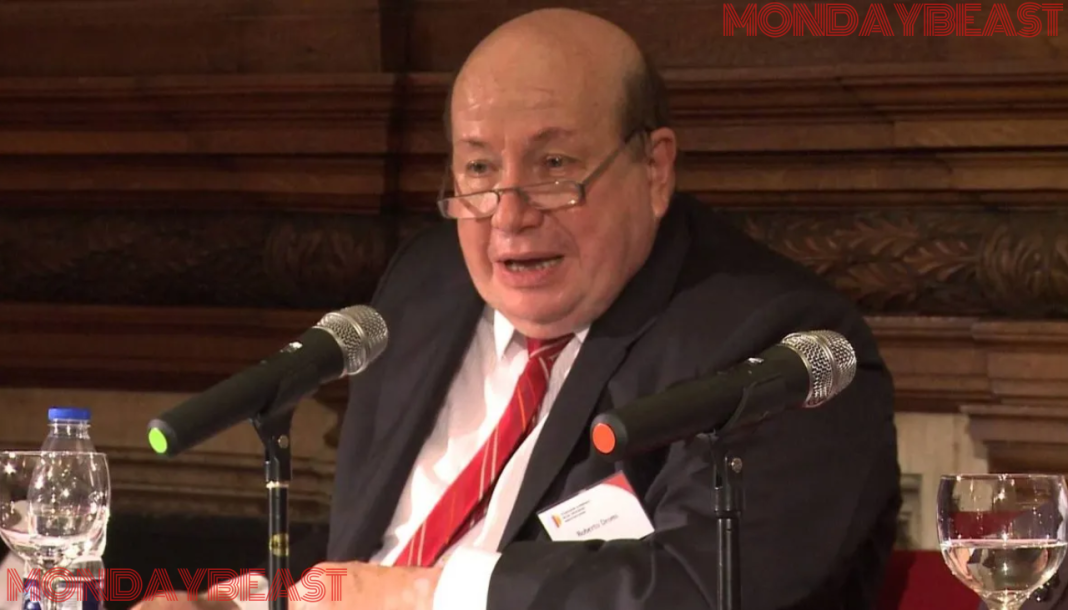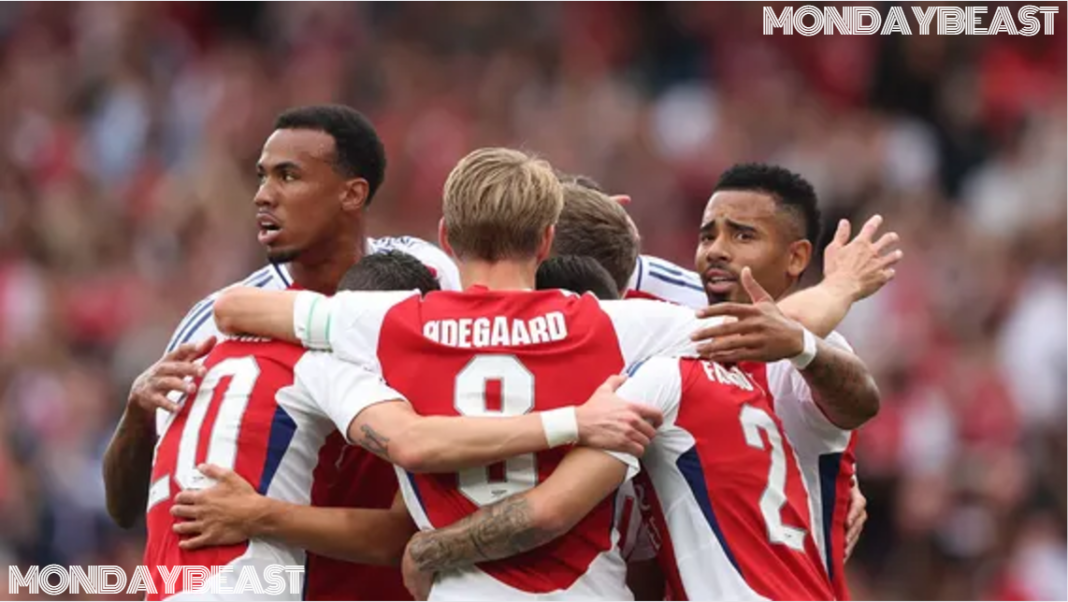Javier Milei’s Political Landscape in Argentina
What compels a leader to purge trusted allies? In Argentina, Javier Milei’s administration sheds light on this pressing question. The recent fallout with Vice President Victoria Villarruel embodies a larger power struggle. What lessons can we learn from these turbulent dynamics?
The once harmonious alliance between Javier Milei and Victoria Villarruel has rapidly unraveled. Just weeks ago, they seemed like a politically dynamic duo. Villarruel’s description of herself as the ‘girl next to the rockstar’ struck a chord during a promotional video, suggesting a united front. Yet, this image now feels a world away from the chaos that followed.
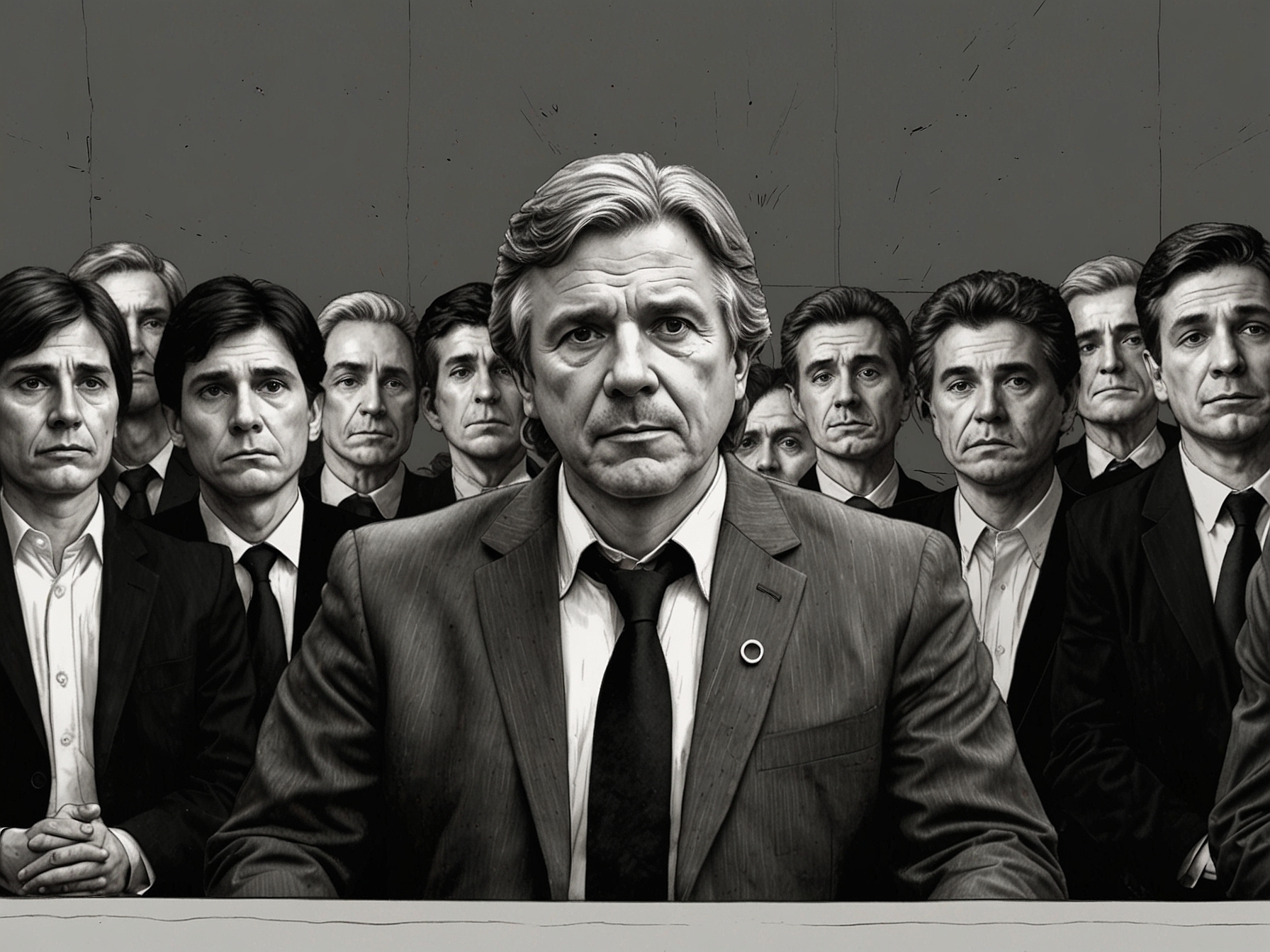
How did such a solid partnership lead to public accusations and betrayal? The power nexus within the government constantly shifts, leading to ongoing tensions. Villarruel’s abrupt departure from critical presidential events was a glaring sign. It raises questions about loyalty, trust, and the volatility of political alliances.
The Web of Allegations and Conspiracies
Accusations flew as the media reported on alleged conspiracies. Was Villarruel truly plotting against Milei? Or was this a convenient narrative to justify her ousting? It’s hard to discern the truth in a political climate steeped in mistrust. Furthermore, the context of their political identities adds another layer of complexity.
Villarruel’s military history contrasts starkly with Milei’s radical libertarian ideals, creating potential friction. Their differences revealed a significant divide within the administration. As public trust withers and accusations linger, the question remains: can any political relationship survive in such an environment?
Patterns of Political Disarray
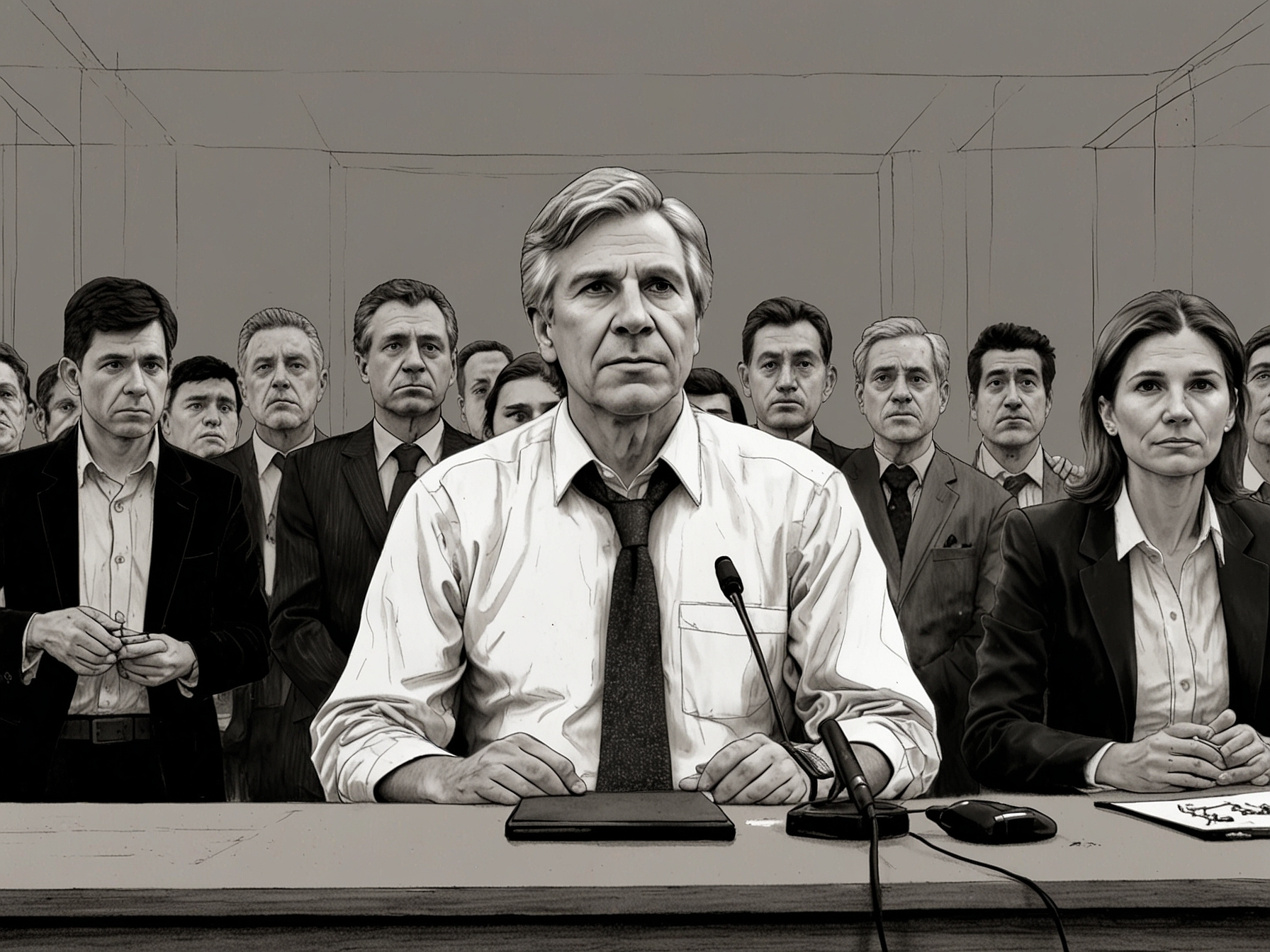
Milei’s administration has witnessed a relentless cycle of dismissals. Exiting officials share one common feature: they symbolize loyalty to Milei that suddenly turns suspect. The sheer volume of dismissals—over a hundred high-profile personnel—paints a troubling portrait of instability.
Consider this: the environment created by dismissals can evoke fear. How do remaining officials respond to constant turnover? They either fall in line or prepare to exit the stage themselves. The chilling reality is palpable, where every glance around the Cabinet might evoke paranoia.
This fear permeates through each corridor of power, compelling officials to stay vigilant. As one former aide remarked, “It feels like a game where nobody can win.” This sense of insecurity contributes to a disconcerting atmosphere in governance. What will be left once the dust finally settles?
Milei’s Approval Ratings Amid Chaos
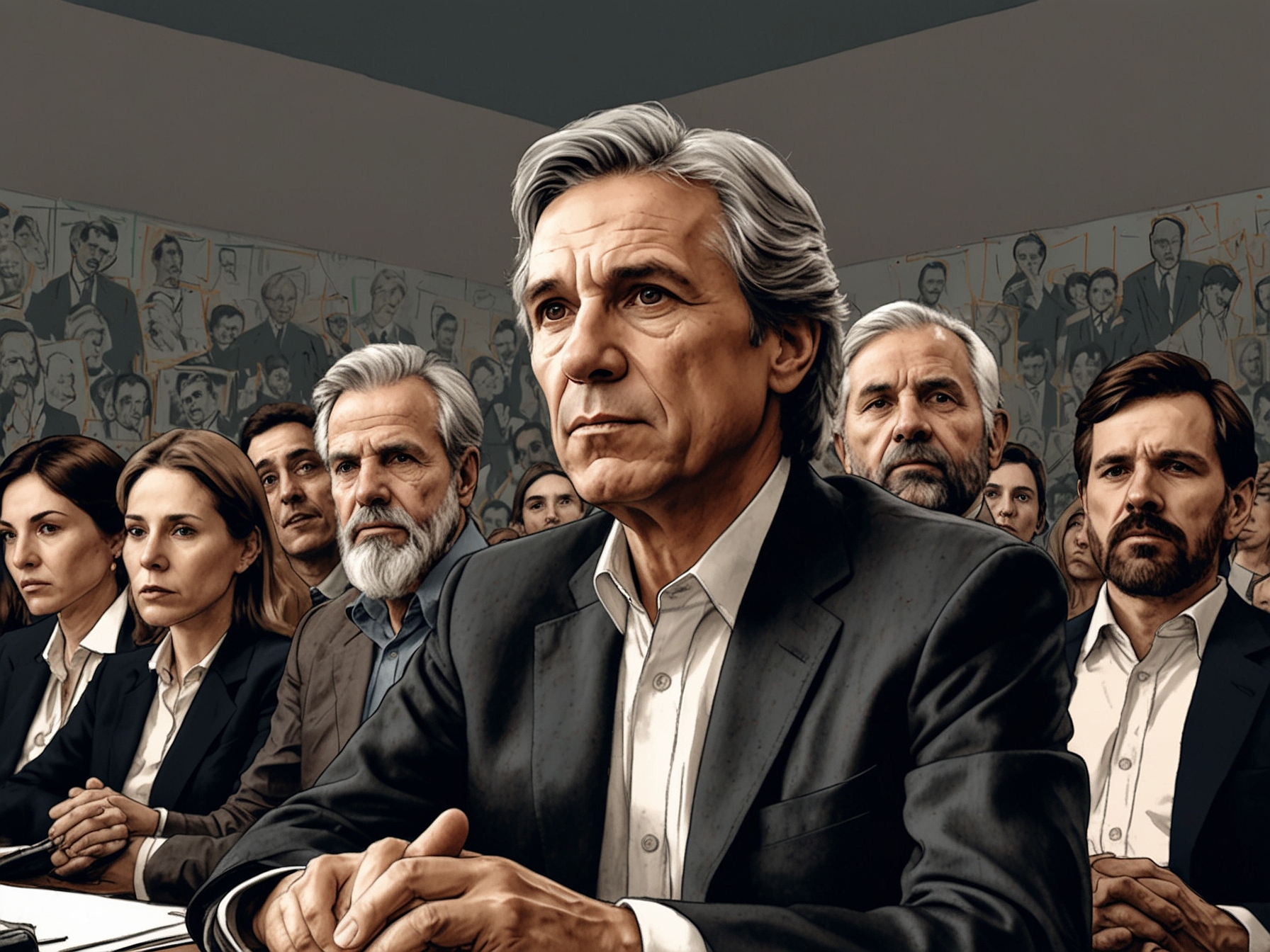
Amidst the political tumult, Milei’s approval ratings surprisingly climbed. What’s happening here? The national mood shifted positively. Enjoying a rare moment of optimism, Milei’s administration found redemption through improved economic indicators. Amid heightened discontent, the public seemed to rally in favor of change.
Reports from experts suggested optimism rebounded in numerous sectors. How could leaders navigate such complexities and maintain popularity while sowing fear in their ranks? These conflicting dynamics highlight the complexity of leadership.
A notable moment occurred during Milei’s recent appearance on a popular podcast. The praise he received reinforced his image as a transformative figure. However, does this positive perception overshadow the brewing chaos? The discord in the presidential palace poses a constant reminder of the risks he navigates daily.
Lessons from Fiction: Power, Paranoia, and Politics
How can fictional narratives help us understand current political climates? Consider Shakespeare’s
Macbeth
—an exploration of power leading to paranoia and murder. Similarly, The Mago del Kremlin dives into fears born from the Kremlin’s shifting political landscape. Their themes resonate with contemporary political struggles, particularly in Argentina.
Fiction captures the cyclical nature of power struggles, a motif prevalent in Milei’s Argentina. Both texts illustrate fear’s overwhelming grip on leaders, stripping them of rational decision-making. In a high-stakes game of political survival, do leaders ever break free from their own fatal flaws?
Through exploring these narratives, we find parallels in real-world scenarios. Just like Lady Macbeth, who felt the weight of her decisions, Milei may soon question his motives. Who will ultimately pay the price for his ambitions?
Conclusion: Navigating the Tides of Change
As Milei grapples with his turbulent tenure, questions insist on clarity. What will become of his relationships as alliances crumble? With the specter of betrayal looming, the stakes rise. Each action reverberates through corridors of power, shaping the future of Argentine politics. Can Milei continue to wield control, or will the tides of change sweep him away?
In this whirlwind of political maneuvering, one sentiment remains constant: the uncertainty of power dynamics shapes not only leaders but also the very fabric of a nation. Can Argentina forge a path forward amidst chaos, or will it forever walk the fine line between ambition and division?


